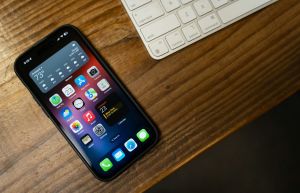Scientists have revealed that with the help of "virtual colonoscopy" women can be screened for colorectal cancer five to ten years later than men.
Imaging techniques such as colonoscopy can help detect precancerous polyps and prevent colorectal cancer. A traditional colonoscopy is deemed by many as being a bit too invasive. Some patients are also not healthy enough for this procedure. Hence, a lesser invasive option is a "virtual colonoscopy," which is just as accurate. However, unlike a traditional colonoscopy, it is yet to be determined at what age a "virtual colonoscopy" should be performed.
Cesare Hassan, MD, at the Nuovo Regina Margherita Hospital in Rome, reveals in a paper published online in CANCER, a peer-reviewed journal of the American Cancer Society, that this new technique allows women to be screened for colorectal cancer five to ten years later than men.
For the study, Hassan and a team looked into the data of 7,620 participants who underwent a first-time screening with virtual colonoscopy from 2004 to 2011. Among these patients, 3.6 percent (276 patients) were diagnosed with advanced cancer. Older people and men were seen to be more affected with the disease than younger participants and women. Factors like family history of cancer and body mass index were not linked to the disease.
"We showed that the possibility for average-risk individuals to have clinically meaningful polyps detected by virtual colonoscopy is strictly associated with two main variables, namely age and sex," said Dr. Hassan. The researchers determined that 51 women under 55 years of age would need to be screened to detect one case of advanced neoplasia, compared with only 10 men older than 65 years. "If you are a man, the best age to have a virtual colonoscopy is between 55 and 60 years, but if you are a woman, you can at least wait until 60 years," said Dr. Hassan.
© 2026 HNGN, All rights reserved. Do not reproduce without permission.








